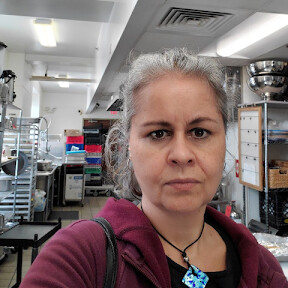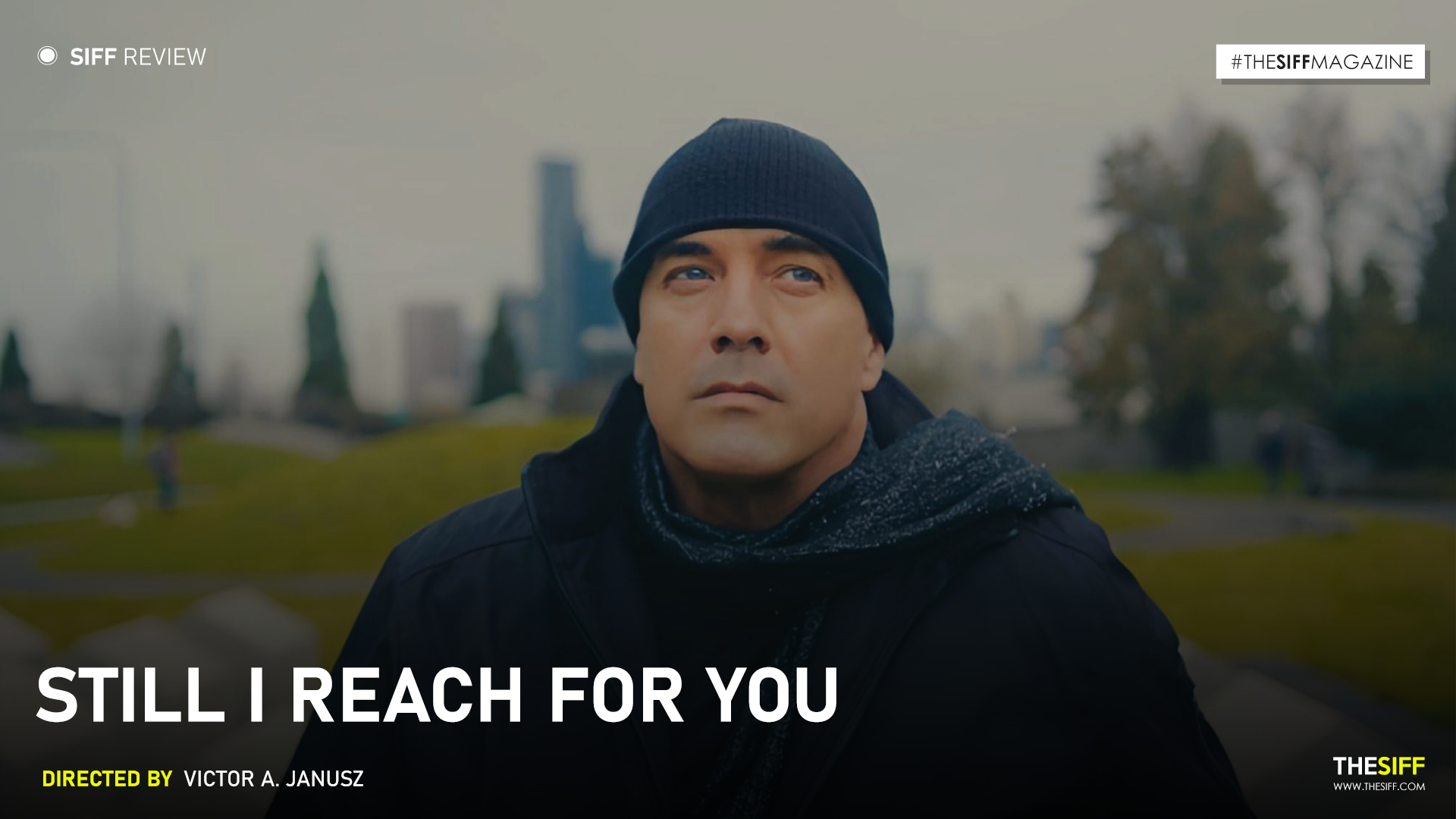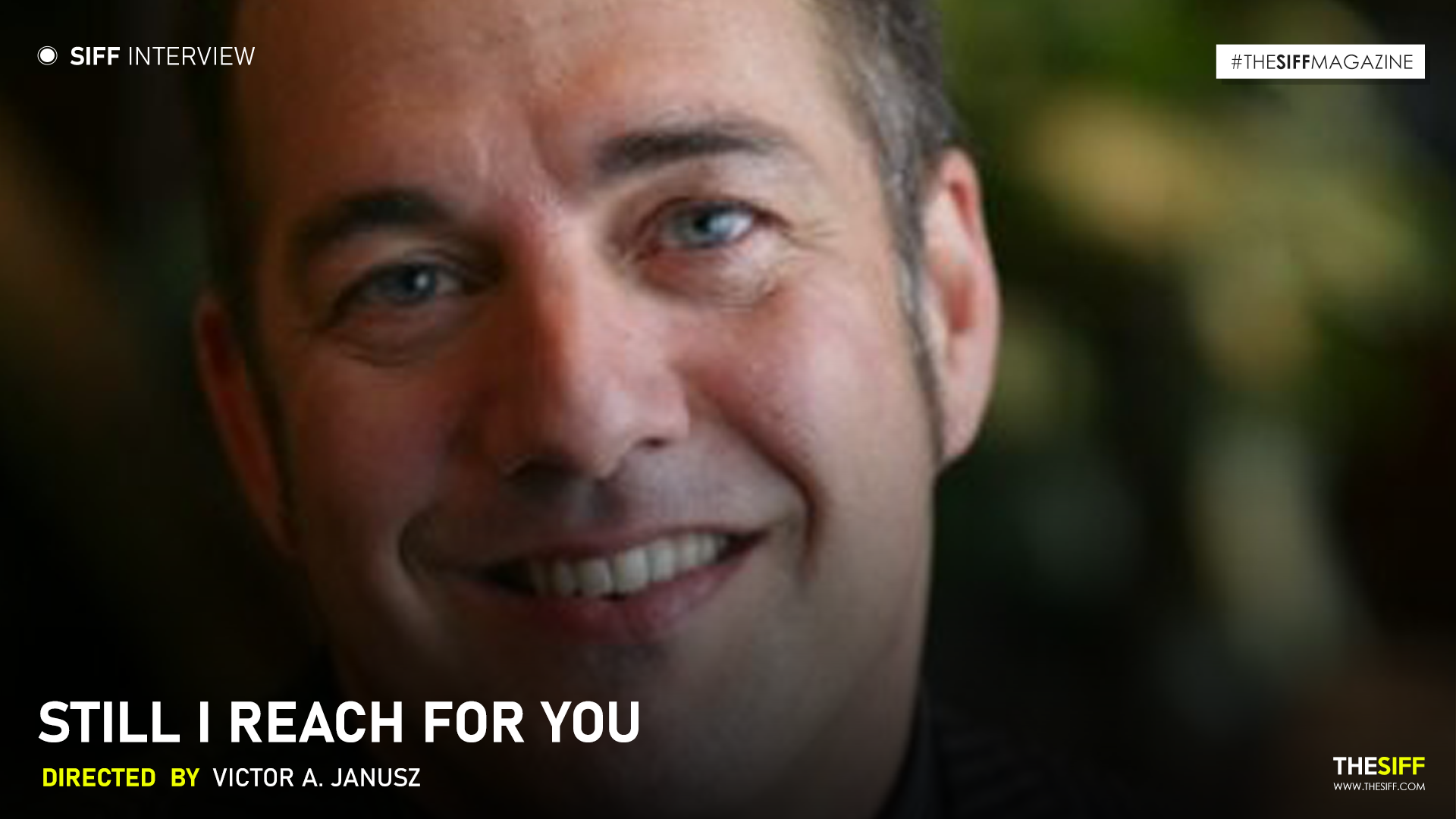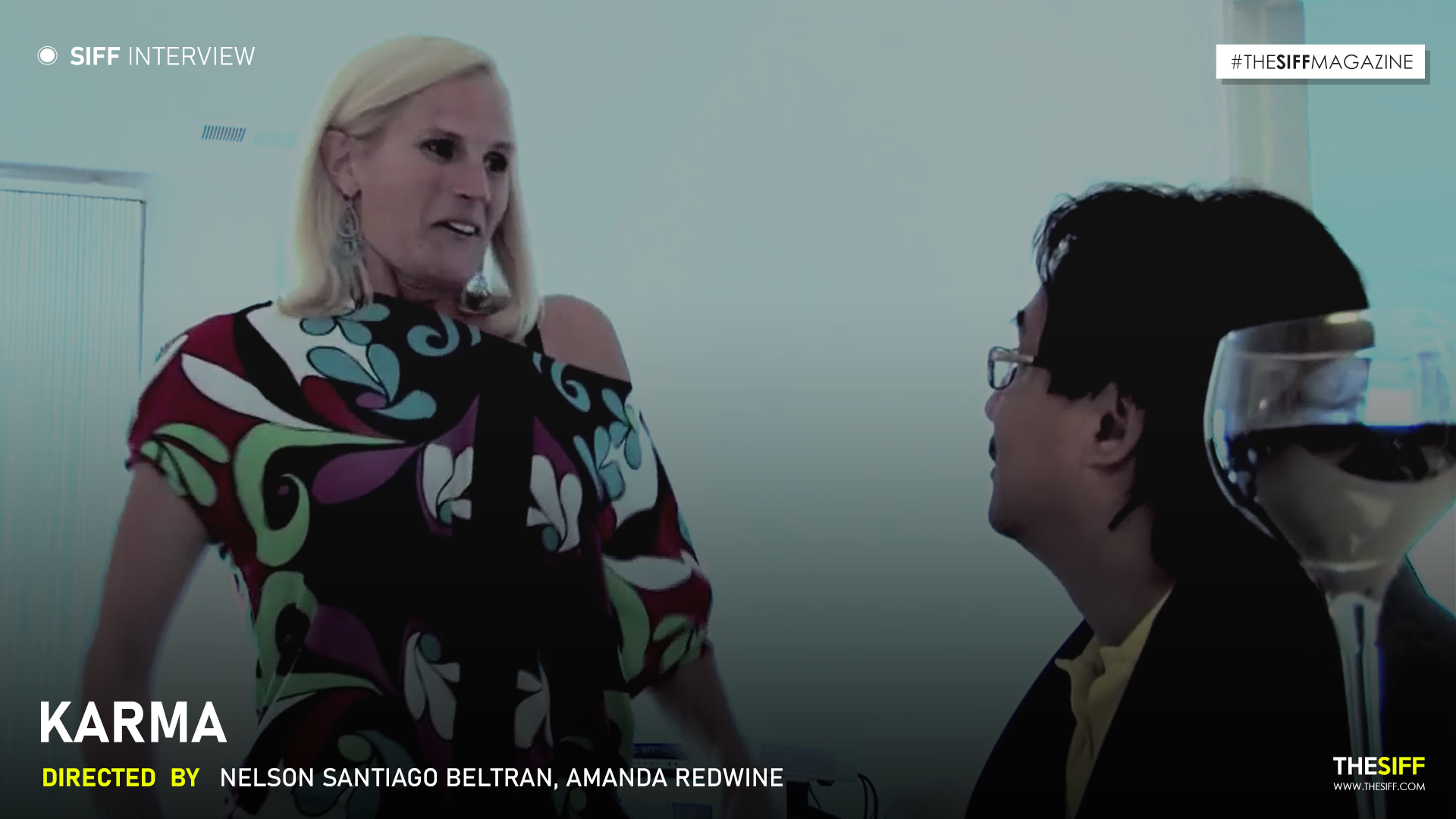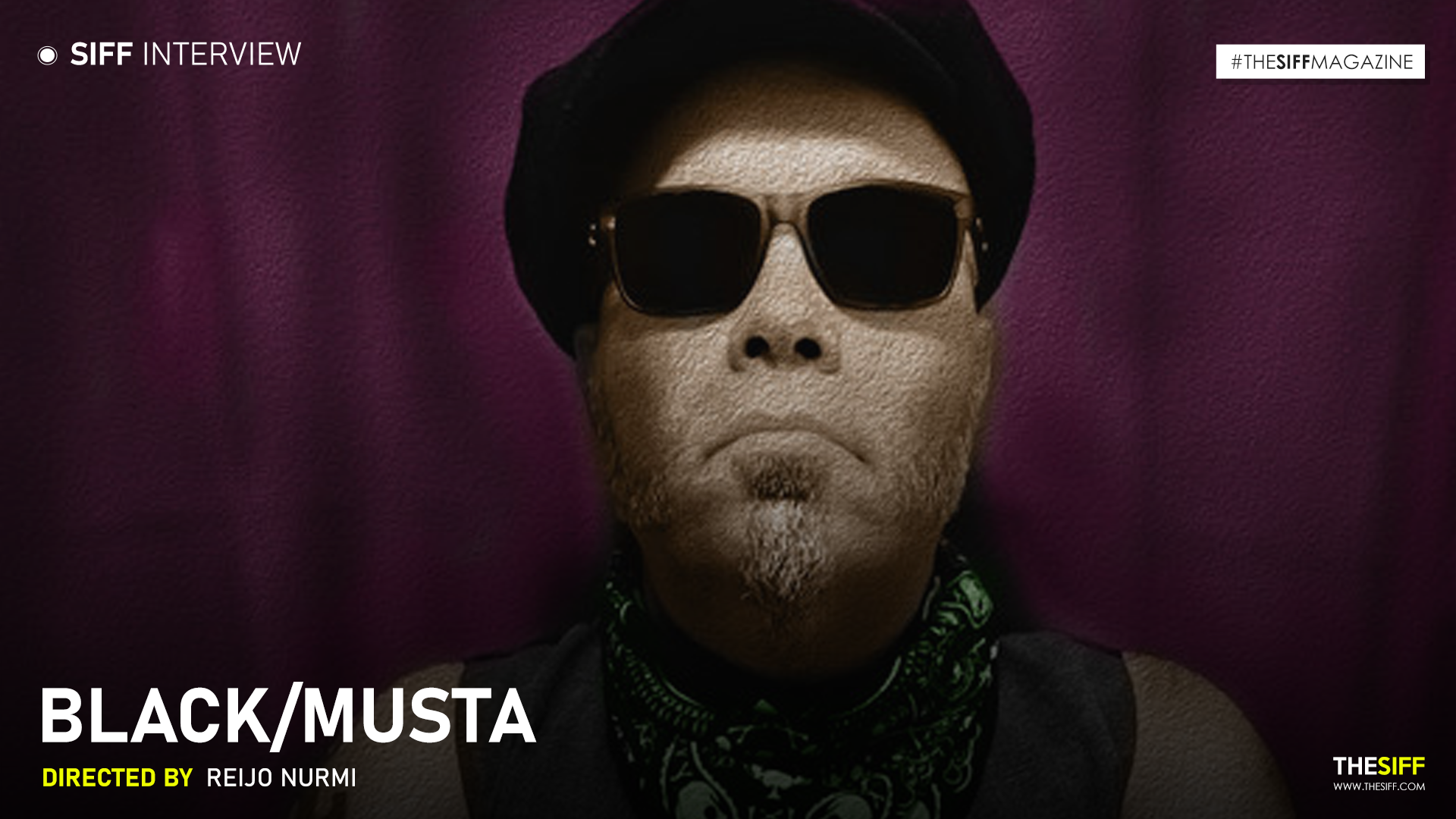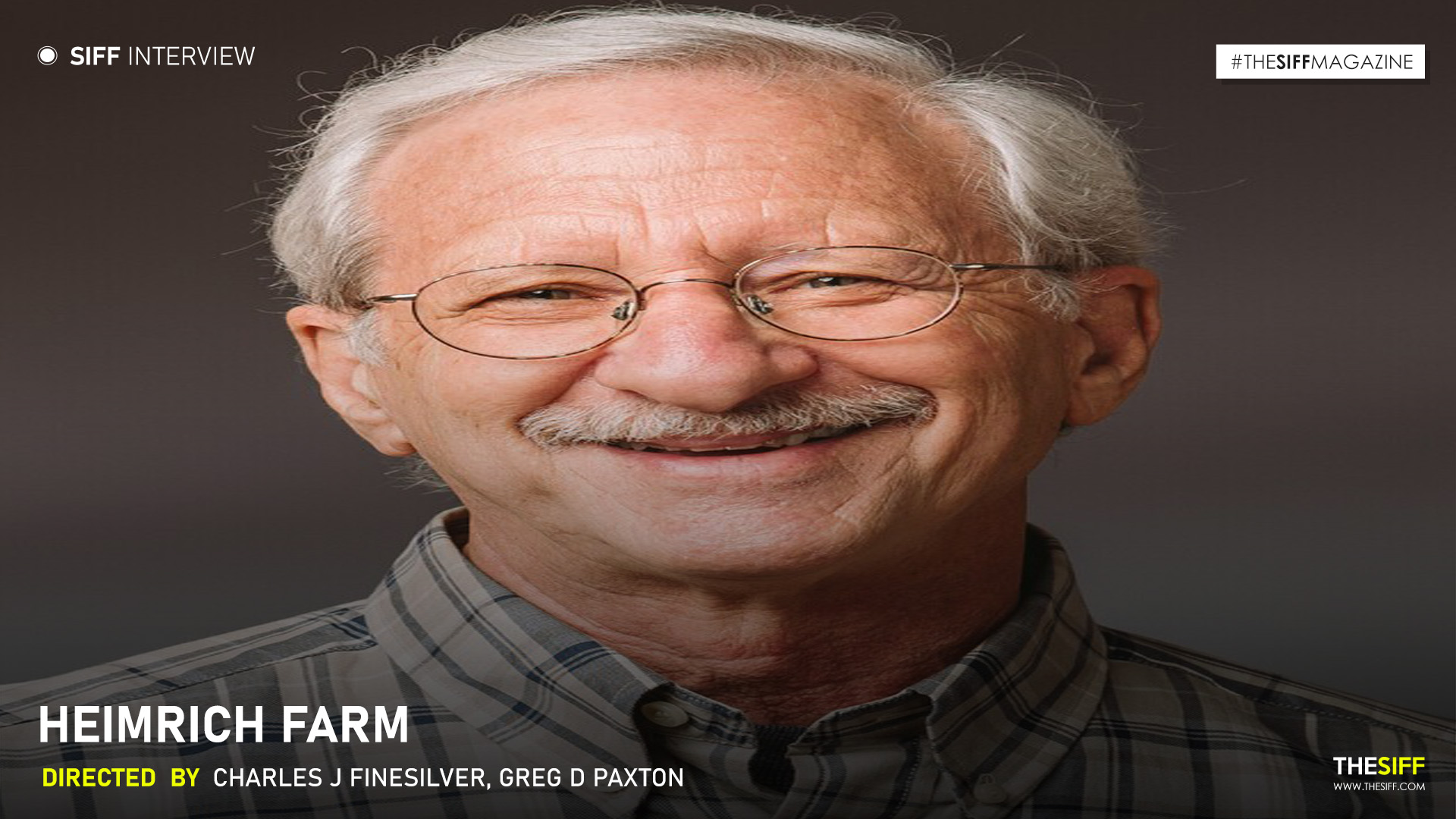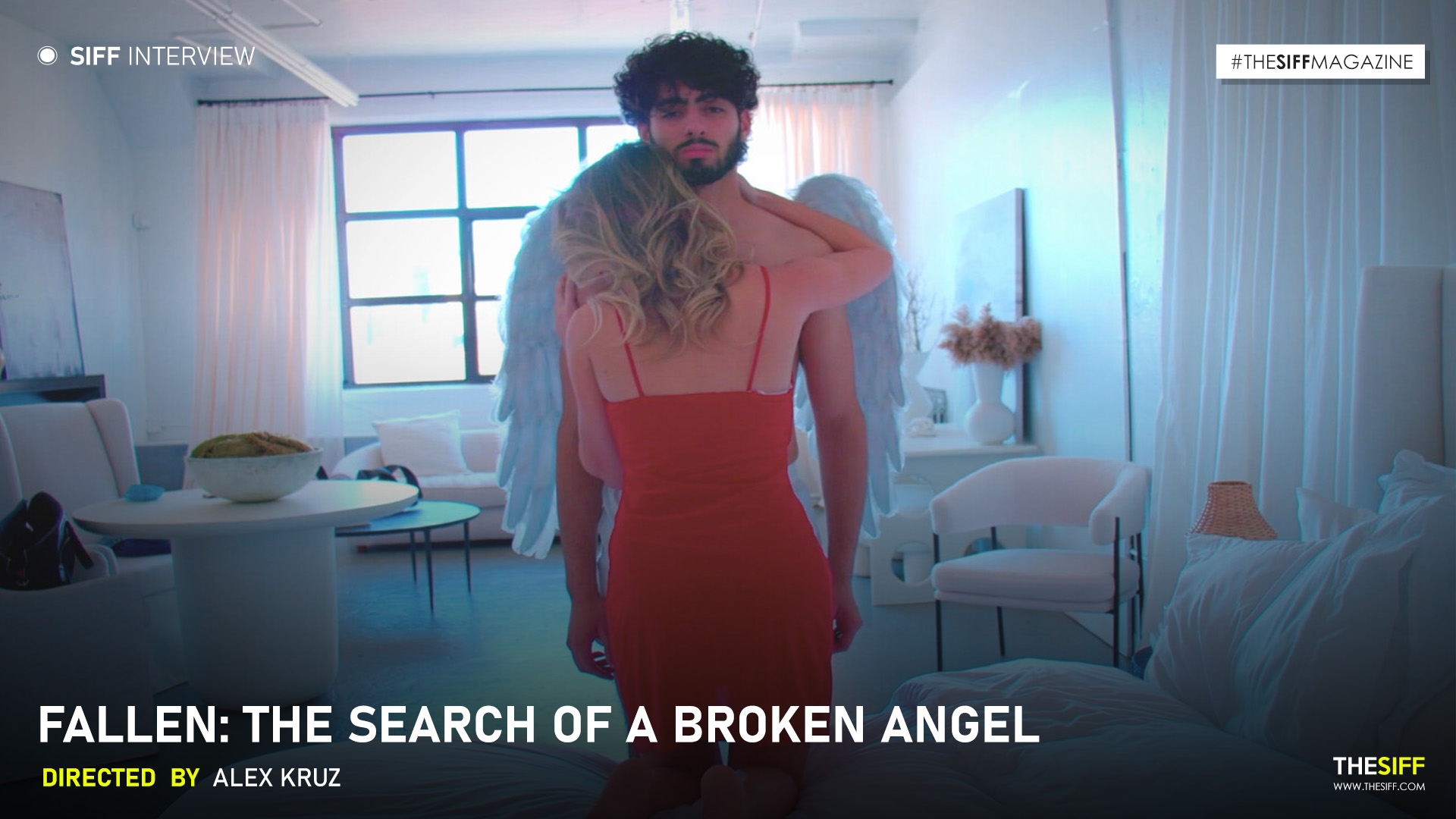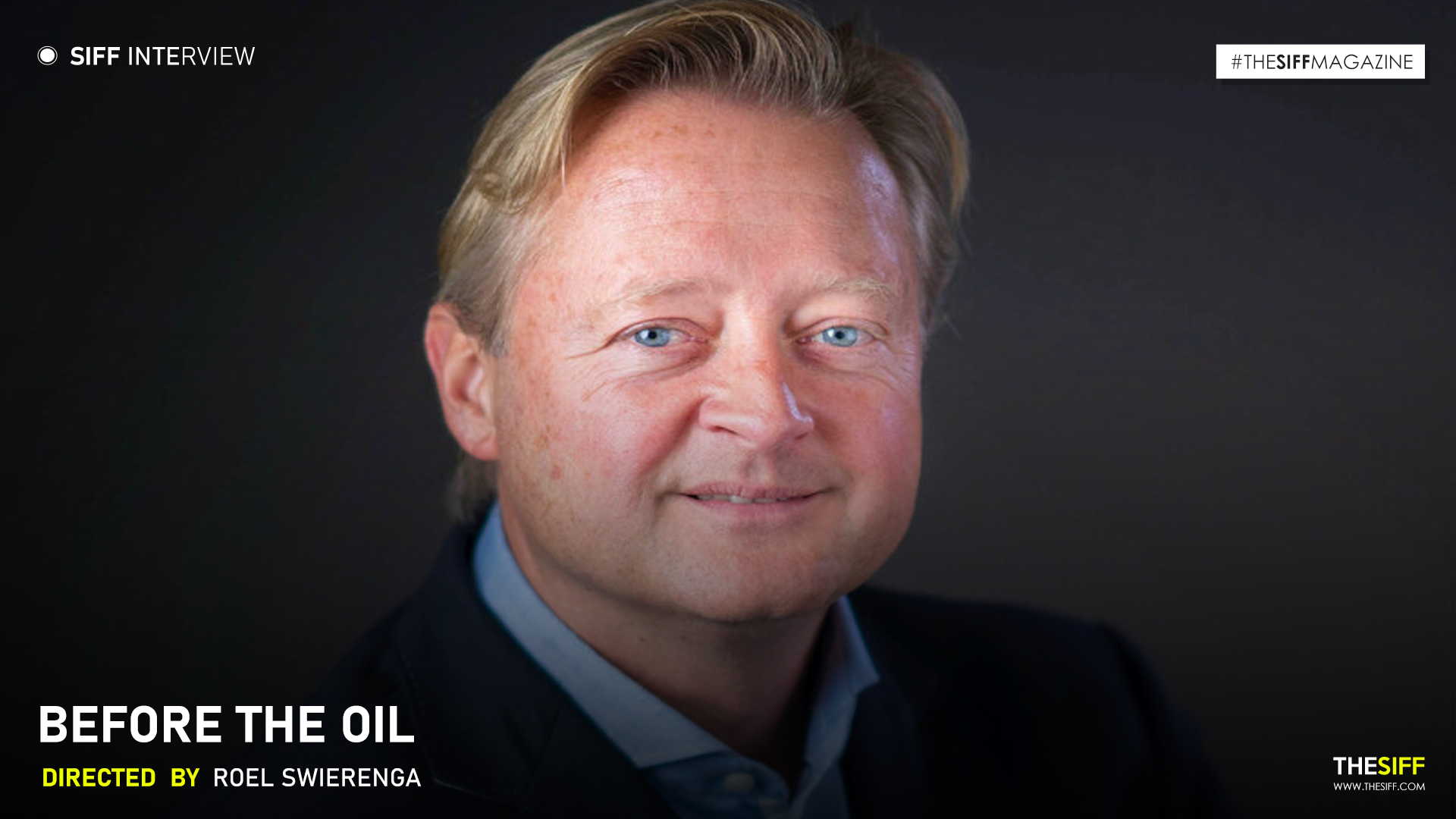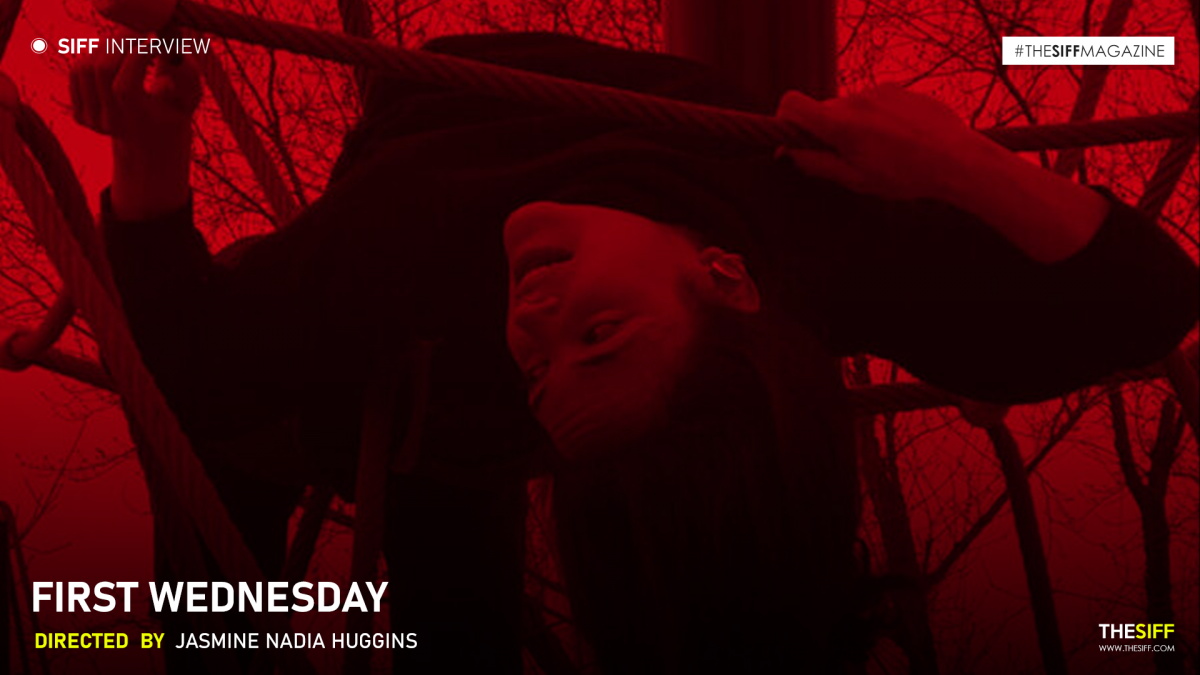
Movie name: First Wednesday
Director: Jasmine Nadia Huggins
Hello, Jasmine! Welcome to the SIFF!
1.“First Wednesday” explores the complex cyclical relationship between violence and trauma. Can you share how you approached to portray this on-screen? What message do you want to convey via these characters?
I wanted to tell a story about trauma in the aftermath of an attack and to explore the relationship between being both a victim, and, in turn, a perpetrator of aggression. My intention was to focus less on the incident and more on what resulted from it. I decided early that I wanted to intercut between the stories of both Eleni, who was attacked in the tunnel, and Johan, who attacked her. By intercutting between both stories, I wanted to try to show both sides – the trauma that provokes violence, and the violence that creates trauma.
We had a very structured approach with lots of preparation. We had a detailed script. We rehearsed all the scenes, but the actors also had room to improvise. They sometimes brought something different – compelling and heartfelt – to the shoot that was not there in the original script or the rehearsal. When we found that it helped the story, we used it in the edit. For example, we considerably rehearsed the scene between Eleni and Carl in their kitchen, but on the day of the shoot, different emotions emerged. Often, the interpretation got better with every take. We also prepared the skateboard park scene in advance, but without the music. The rap music sequence between Johan and Mykola was done on the day itself, and it came together beautifully.
Thaleia Stamatelou (Eleni) and Knut Korsell (Johan) both brought considerable personal investment to their roles. I was lucky to get such talented young actors. The entire cast did the same; it is a joy to work with actors who prepare this well. With the exception of Filippa Kaye whom I know from a different drama class, all the actors were either from Prague Film School drama program or from the Actors’s Database at the school. Thaleia and Filippa rehearsed online with me as Filippa only came to Prague for one weekend.
Intercutting between Eleni’s story and Johan’s was a risky choice for a short film, but the crew was supportive, including Giona Sem, who edited. Parth Vikamsey, the Director of Photography and Matilde Linde, the First Assistant Camera, really collaborated and kept me going when I was running out of steam. They really worked with me in visiting locations, doing floor plans, mapping out shooting plans in fine detail. It’s a collaborative process.
The message? I am a little wary of obvious messages in films. The audience must interpret for itself. I was led more by questions: To what extent does unresolved trauma and anger lead victims to become perpetrators of aggression? Are we as humans naturally violent, or do our circumstances make us violent? Can a person who has been violated actively choose not to become a perpetrator, and if so, what leads him or her to such a choice? Overly simplified representations of victim and aggressor – which in my view abound in film and television – often don’t convey deeply enough the complexities of violence and trauma, or how they affect individuals and communities in different ways. There is so much violence all around us. We only need to watch the daily news to know this. So I think that these questions are good ones to ask.
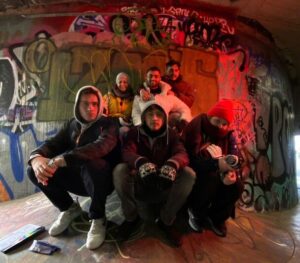
2.As a director what’s your vision about the film?
Film makers want to tell memorable, convincing stories that convey human emotion and that help audiences to connect with the characters. My favorite films linger in my mind for weeks, months – sometimes years. Every time I watch them again, I get something new. I wanted to make a short film that audiences would remember, with characters whose personal challenges they would think about after the film ended.
3.The main character of the film Eleni goes through unresolved trauma. Do you think she needed the help of a psychologist rather than digging into her wounds by going in search of her attacker?
Yes, possibly, but I am not a psychologist so I cannot say. Eleni’s world has been turned upside down. She feels misunderstood by her friends and family. She is impatient, stubborn and wilful, and willing to take risks. It is flawed but also deeply human.
4.Do you think Johan deserves a chance for his violent streak? Is his behavior justified realizing he is unhappy in his own personal life and guilty of what he did to Eleni?
Yes, I think Johan deserves a chance. He feels remorse, and guilt. He knows he has hurt someone, and his family. He also knows that he is hurting himself but he does not know how to address his hurt, nor does he have the tools to do so.
I don’t think that violence is ever justified; that is my philosophical position and it always will be. But since we are increasingly surrounded by violence I have concluded that everyone is capable of it – Eleni as much as Johan. I tried to show the characters in their daily lives acting out as much from their shadow places as much as from their higher principles. This struggle is part of the constant daily dilemma of being human, especially after tragic incidents.
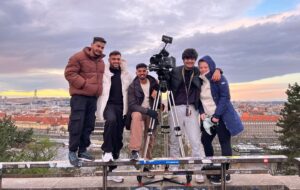
5.Do you think the connection between the victim and the attacker is something that the audience will connect or criticize? What meaning do you want the viewers to draw upon this aspect?
I imagine that the audience will connect and criticize in equal measure. The viewers will draw their own conclusions, but I tried to show a tragedy and the need for deeper understanding by all touched by trauma.
6.Focusing on interpersonal relationships is a significant part of this film. Various characters are experiencing this differently. Can you discuss the role of family and relationships in this film and how it impacts the character’s behavior and personal growth?
Years ago, after I graduated from University, I volunteered as a hotline counselor at the local Rape Crisis Society of Trinidad and Tobago. Later, I worked for an NGO that supported many women’s groups and also some community associations that were working with young men in conflict prone areas. I have heard many stories and met many people who showed me that personal relationships can help or hinder our recovery. People can try to assist others to address their challenges, or they can perpetuate the damaging cycle of self hatred, shame and blame. I wanted to show a broad spectrum of responses, including those of people who want to help their loved ones after a traumatic event, but just don’t know how to.
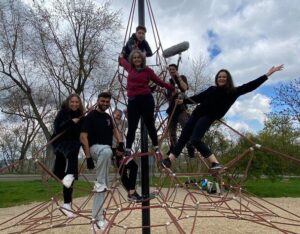
7.What is your take on Johan’s volatile behavior? Is it justified? Does he need help?
Volatile behavior perpetuates the cycle between violence and trauma. And that in turn engulfs everyone, including the perpetrators. No one escapes the cycle of violence. We see Eleni running out of a tunnel at the start of the film and Johan running into it at the end of it. She is doing what she can to address her trauma and she uses the resources available to her. I feel sympathy and empathy for Johan because I feel his struggle and pain. He has a concerned friend, an over indulgent grandmother and music as an outlet, but none of this is enough to recover from his central conflict – a terrible relationship with a critical, and absent father, and, possibly, his poor self worth and a sense of purposelessness. Yes, he needs help also to confront his inner conflict. I wonder what resources are available to him and if he will find it.
8.What’s your take on Eleni’s decision to search for her attacker? Do you think her actions are reasonable or is it just a fit of madness?
Rightly or wrongly, Eleni’s instinct tells her that confronting her assailant will give her the closure she wants. This thing has been done to her, she wants to get rid of the pain which has entered her body. She is not a perfect human being – none of us are. She is wavering between moments of extreme vulnerability and panic on the one side, and impatient need for resolution on the other. I feel tremendous sympathy for her, for her strength and determination to get better, even if she has to take risky steps to get there. She is not waiting for a superhero or a muscled policeman to do the job. She wants to do it herself. For me that alone is heroic.
9.Do you think Eleni will recover from her trauma after searching and finding her attacker? Or will she dive deep into the trauma following Johan’s other volatile attack on her?
It is a very interesting question. I don’t know. We all have choices. I have listened to many podcasts by the influential psychologist Gabor Mate, who is a global expert on trauma. I believe that he speaks of it residing in the body for years. If I ever have a chance to do a follow up to this short film, perhaps in a full feature film, maybe I will explore this question.
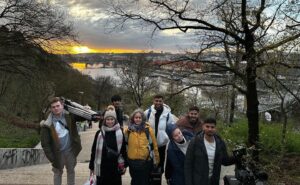
10.Lastly, why are only women and trauma linked? Trauma shouldn’t be gender specific. What’s your take on that?
Trauma is most certainly not gender specific. Sadly it is universal. It was my desire to go beyond stereotypical connotations associated with gendered categories that led me to tell the story in the way that I did. Eleni was attacked, but she is not passively waiting for an external agent to help her. Johan was guilty of uncontrolled aggression but also feels shame and guilt. He has moments of vulnerability and a need for tenderness. Carl – Eleni’s husband is also very traumatized by what happened to his wife in the tunnel. He wants to fix her trauma and feels quite helpless.
Women once upon a time felt deep shame talking about their trauma. It’s a good thing that this is now changing, because we are telling more female centered stories about issues that used to remain hidden. This is a good thing and it absolutely applies to men and women, boys and girls. I think many men have as much as, if not more, difficulty telling stories about their own internal dilemmas. I hope that by making women feel safer and more secure about telling their stories of trauma, more men will also do so.
11.Finally, we hope you enjoyed working with SIFF! What’s your take on working with us?
It’s been really good. You have asked really searching questions about the film! Producing it was a lot of work, so it is very satisfying to be asked such in depth questions about it. Thank you for that.

